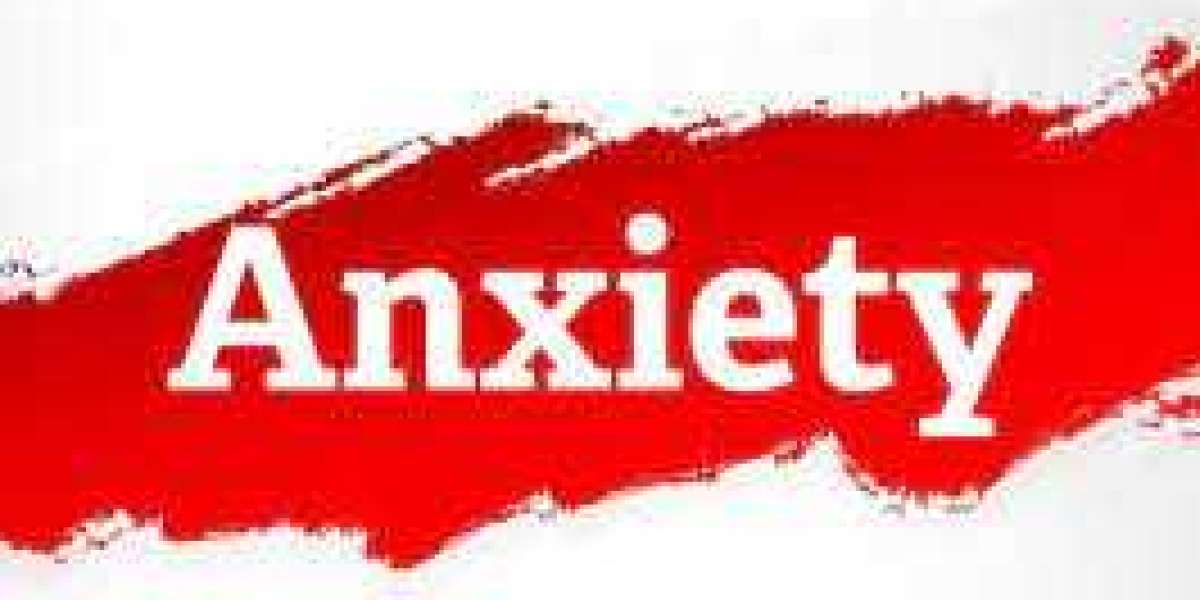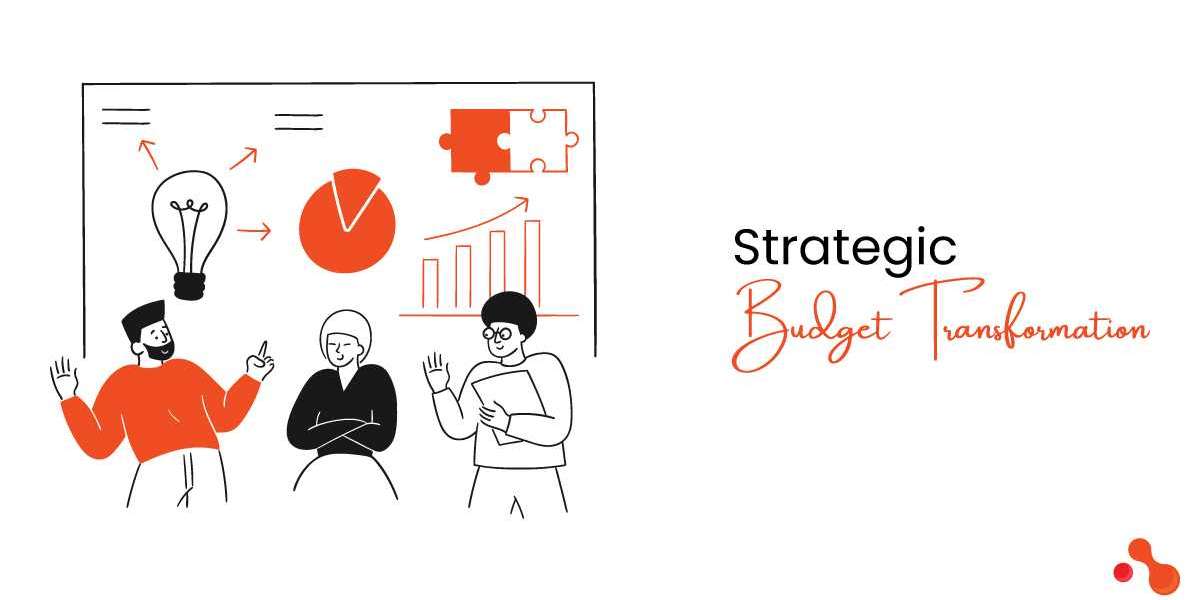First of all,
Although anxiety has always been a part of life, it appears that in the current day, both its prevalence and impact have increased to previously unheard-of proportions. People are reporting more and more signs of anxiety in today's fast-paced, connected society, which can range from minor discomfort to incapacitating panic episodes. This essay investigates the causes of anxiety's contemporary surge and looks at the serious effects it has on both people and society at large.
The Modern Era's Anxiety Epidemic:
1. Technological Advancements:
- The digital era has made it possible to always be connected thanks to social media, instant messaging apps, and cellphones. Although there are many advantages to modern technologies, they also foster a feeling of always being "on" and accessible, which increases tension and worry.
- Another effect of technology improvements is information overload. With so much information at our fingertips, people frequently experience anxiety and overwhelm while trying to stay up to date on the newest developments, trends, and news.
2. Economic Pressures:
- The contemporary economy is marked by intense rivalry and quick change. People who are trying to meet cultural standards and financial commitments may experience elevated levels of anxiety due to factors such as job uncertainty, unstable finances, and pressure to perform.
- People from marginalized communities confront additional obstacles to achievement and financial stability as a result of economic inequality, which aggravates worry and causes chronic stress.
3. Social Pressures:
- People are under constant pressure to compare their life, accomplishments, and appearance to others as a result of social media platforms. People in this "highlight reel" culture tend to feel anxious and inadequate because they are trying to live up to inflated expectations of pleasure and success.
- In the present era, social isolation and loneliness are also important causes of anxiety. Many people report feeling socially alienated and disconnected despite increased connectivity through technology, which can exacerbate anxiety and depression.
4. Environmental Factors:
- Because of their existential threat to humanity's future and their unpredictability, climate change and environmental degradation exacerbate anxiety. Natural disasters, food insecurity, and displacement—all of which are expected effects of climate change—fuel concerns about the future and the welfare of coming generations.
- As people deal with congested cities, heavy traffic, and noise pollution on a regular basis, urbanization and overcrowding cause anxiety. Urban living's fast-paced, impersonal atmosphere can make people feel overwhelmed and uneasy about their surroundings.
Anxiety's Effects on People and Society:
1. Mental Health:
- Among the most common mental health conditions globally are anxiety disorders, which include social anxiety disorder, panic disorder, and generalized anxiety disorder. Anxiety can seriously affect a person's ability to function in daily life, in relationships, and in general.
- Treatment and rehabilitation efforts are made more difficult when anxiety co-occurs with other mental health issues like depression, substance misuse, and eating disorders.
2. Physical Health:
- Long-term worry negatively impacts physical health, which can lead to a variety of issues such as immune system weakness, gastrointestinal disorders, and cardiovascular disease. The persistent activation of the stress response in the body can result in hormone imbalances, inflammation, and a higher chance of developing chronic illnesses.
- People with anxiety frequently experience sleep abnormalities, which exacerbate physical health issues and impair cognitive and emotional balance.
3. Social Relationships:
- People who experience anxiety may retreat from social interactions and isolate themselves out of a fear of being judged or rejected. This can strain social relationships. This social disengagement can worsen anxiety and depressive symptoms and cause feelings of loneliness.
- Anxiety can also have an impact on family dynamics since it can be difficult for family members to comprehend and help loved ones who are experiencing anxiety disorders. Relationships might become more strained and feelings of alienation and loneliness can worsen due to misunderstandings and communication problems.
4. Economic Costs:
- Anxiety disorders have a significant financial impact, including direct medical expenses, missed work, and a lower standard of living. Compared to their mentally healthy peers, those with untreated anxiety disorders are more likely to miss work, perform poorly at work, and spend more money on medical care.
- Anxiety may also cost employers money in the form of presenteeism, absenteeism, and accidents at work. In addition to lowering expenses, fostering a positive work atmosphere that values mental health and wellbeing can increase output and satisfaction among staff members.
In summary:
The complex and multidimensional phenomena of anxiety in the modern day is fostered by social, political, technological, and environmental elements. The widespread effects of anxiety on people and society highlight the critical need for all-encompassing approaches to address and reduce anxiety at the individual and systemic levels. Through raising awareness about mental health issues, lowering stigma, and creating supportive surroundings, we may work toward a day when anxiety is less common and people can prosper in a society that is more resilient and balanced.






